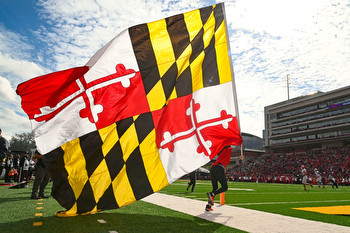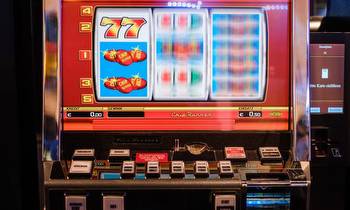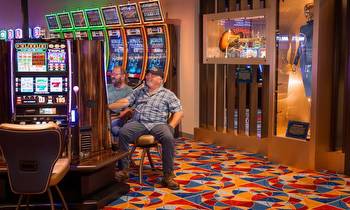Rep. Jason Saine Wants North Carolina To Consider iCasino

Rep. Jason Saine, who spearheaded mobile sports betting legalization efforts in North Carolina earlier this year, in the Charlotte Observer supporting potential iGaming legalization in the Tar Heel State.
“My fellow lawmakers continue to debate what gaming expansion looks like, but limiting this discussion to just brick-and-mortar casinos is a lot like building new movie theaters without allowing people to stream movies on their mobile devices,” Saine wrote.
North Carolina legislators are in the middle of debating the state’s budget, which has included numerous discussions about the possible expansion of retail casinos. Currently, the state allows for tribal casinos, but it does not permit commercial or online casinos.
Saine’s argument
Saine, who is among several North Carolina legislators to receive campaign donations from gambling entities, believes the case for iCasino from a revenue perspective is simple.
Mobile casinos would generate more revenue for North Carolina than mobile sports betting, which will launch in the state in early 2024. Online casino platforms are also easier to get off the ground than new physical casino locations.
“Industry experts project that full iGaming would yield nearly $300 million annually for the state – creating a new, reliable revenue stream that broadens the tax base and aligns with the smart fiscal policy the General Assembly has worked diligently to maintain,” Saine wrote. “What’s more, the state would realize iGaming’s tax revenue almost immediately, as opposed to waiting several years for brick-and-mortar casinos to open.”
Additionally, Saine feels a regulated online casino market offers more consumer protections than the current situation, where some customers use offshore apps to play online casino games. He also states that data suggests retail and online casinos can coexist without brick-and-mortar properties noticeably suffering.
“It’s clear that the time has come to make a generational change in state policy, but we have to be holding all the cards when we go all in on gaming expansion, not rolling the dice by picking winners and losers,” Saine said.
The case against
While North Carolina had a chance to learn from dozens of states on how to best implement sports betting, the same wouldn’t be true of iCasino legalization.
Currently, Connecticut, Michigan, New Jersey, New York, Pennsylvania, and West Virginia have legalized online casinos available for customers. Mobile casino apps will go live in Rhode Island in 2024.
Some legislators would likely feel more comfortable focusing on retail casino expansion before diving into iCasino legalization. Other legislators have responsible gambling concerns.
“Something done on an app on a phone like that, I think there’s a lot of opportunity for some real problems there,” House Speaker Tim Moore recently told CBS 17. “I’ve got real concerns with the iGaming right now, I really do.”
Saine’s opinion might not lead to the immediate legalization of iCasino in North Carolina, but the topic clearly isn’t going away.






































